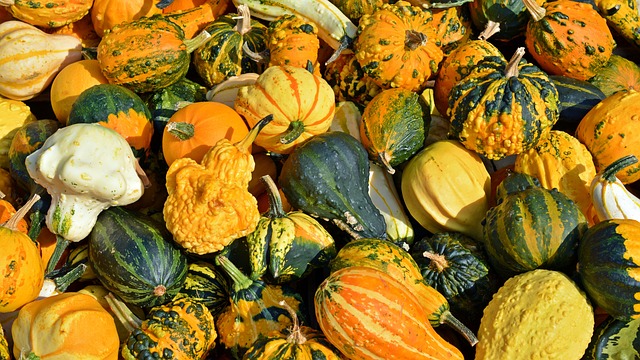- Understanding Yard Waste: Types and Impact
- Efficient Garden Waste Management Strategies
- Recycling Options for a Greener Home
Understanding Yard Waste: Types and Impact

Yard waste, a term that encompasses a wide range of organic materials, includes leaves, grass clippings, tree trimmings, and more. These residues, often overlooked, pose significant environmental challenges if not managed properly. Improper disposal methods can lead to land pollution, as yard waste contributes to methane emissions when decomposing in landfills.
Effective management involves adopting sustainable practices like recycling and composting. Yard waste removal and recycling not only reduce the strain on landfills but also enrich soil quality when properly composted. This approach promotes a healthier garden ecosystem while fostering environmental consciousness among homeowners.
Efficient Garden Waste Management Strategies

Efficient management of garden waste is a key consideration for busy homeowners, as it can significantly reduce time spent on yard maintenance. Implementing strategic approaches to yard waste removal and recycling offers numerous benefits. Firstly, converting organic material into compost enhances soil fertility, fostering healthier plant growth. This natural process not only reduces the need for chemical fertilizers but also recycles essential nutrients back into the garden ecosystem.
Additionally, proper waste management can minimize environmental impact by preventing unwanted materials from entering landfills. Simple practices like separating recyclables, such as wood chips and dried leaves, from non-biodegradable items ensure efficient disposal. Many local municipalities offer dedicated collection services for yard waste, making it easier for homeowners to adopt sustainable habits. By embracing these strategies, busy individuals can contribute to a greener environment while maintaining a well-kept outdoor space.
Recycling Options for a Greener Home

Many busy homeowners often overlook the environmental impact of their yard waste removal practices. However, adopting sustainable methods is easier than you think. One effective strategy to reduce your ecological footprint is by exploring various recycling options for garden waste. Instead of sending all clippings and trimmings to landfills, consider composting. This natural process turns organic matter into nutrient-rich soil amendments, benefiting both your garden and the environment.
There are multiple ways to compost at home, from bin systems to pile methods. You can recycle yard waste like grass clippings, leaf debris, and even kitchen scraps. By diverting these materials from landfills, you’re reducing methane emissions and creating a valuable resource for your garden. Many communities also offer yard waste removal programs with recycling components, allowing you to contribute to a greener home while staying efficient with your outdoor maintenance.
Busy homeowners can effectively manage their garden waste through efficient strategies and recycling options, ensuring a greener home without additional hassle. By understanding various types of yard waste and its impact, individuals can implement practical solutions like composting, recycling, and professional yard waste removal services. These methods not only reduce environmental footprint but also contribute to a healthier, more vibrant landscape. Adopting these practices is a simple yet powerful way to make a positive change in today’s digital era.
